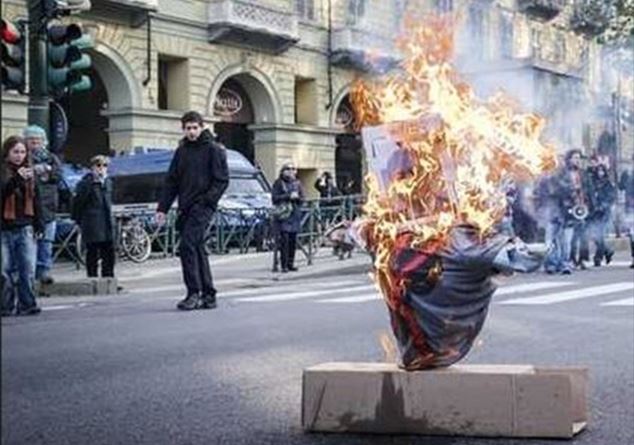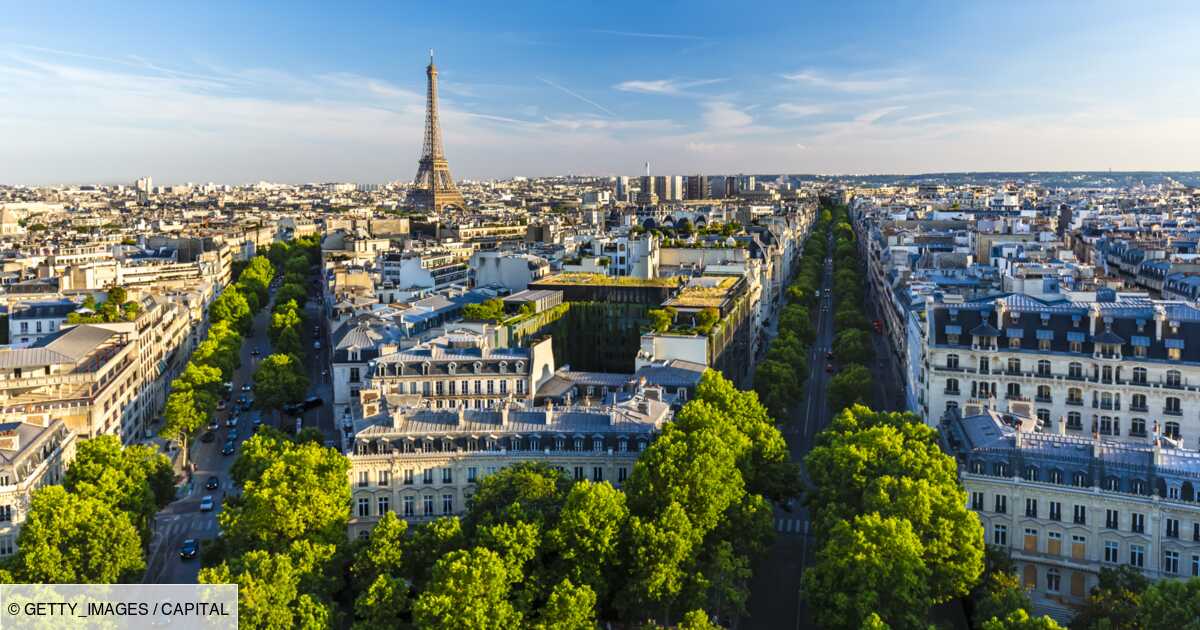
A burning puppet. The face of Education Minister Giuseppe Valditara reduced to symbolic ashes in the midst of a procession of students. Turin, Friday, heart of the protest against the Meloni government. A scene that recalls the dark times of history, when fire was used to purify, condemn, annihilate. But no, this time there is no Inquisition tribunal: here we are, in 2024, watching in dismay as yet another degeneration of a square that no longer knows where to stop. A minister is being burned today, but who will be next? A puppet, they will say, not a real person. Yet, that gesture is a symbol that weighs like a boulder. We condemned it yesterday, when the then President of the Chamber Laura Boldrini was symbolically burned at the stake in Busto Arsizio during a Northern League demonstration. We condemn it today, without hesitation, when the victim is Valditara and the perpetrators are the students of the student collectives. No anger, no cause, no ideology – neither right nor left – can legitimize such actions. No anger, no demands, no ideals, no matter how shareable, can legitimize the transformation of the protest into an improvised court, where the condemned are burned in effigy. It is not with fires, nor with puppets, nor with truncheons that a better society is built. This applies to students, but also to anyone who chooses the square to express their dissent. The fight for justice, be it scholastic, social or international, loses credibility when it embraces the methods of intimidation and violence, even if only symbolic.
Let’s get back to the facts. In Turin, students took action to criticize the government’s management of education, an issue that in theory deserves attention and dialogue. However, the boundary was crossed when we moved from posters to physical contact with the police, from chants to symbolic burning. The square cannot become an arena in which to vent one’s frustrations, transforming the confrontation into a clash. The students accuse the government of being complicit in an alleged “genocide of the Palestinian people”. A delicate and dramatic issue, which – assuming and not granting that what is claimed is true (but the Italian government is the only one to have sent a rescue ship for the victims of Gaza and to denounce the disproportion of the massive and devastating Israeli reaction after the 7 October) – would require deep and peaceful reflection, not a procession armed with invectives and symbols of hatred. Because the risk, otherwise, is to lose sight of the reasons for the protest, obscured by gestures that divide rather than unite. Violence, in all its forms, must be condemned without ifs or buts. It doesn’t matter who is the target: a minister, an opposition, the Jewish community, any citizen. The square must be the place of dialogue and proposal, not destruction. This is not a moralistic appeal, but a call for collective responsibility. Without respect, even in protest, there is no democracy that matters.







